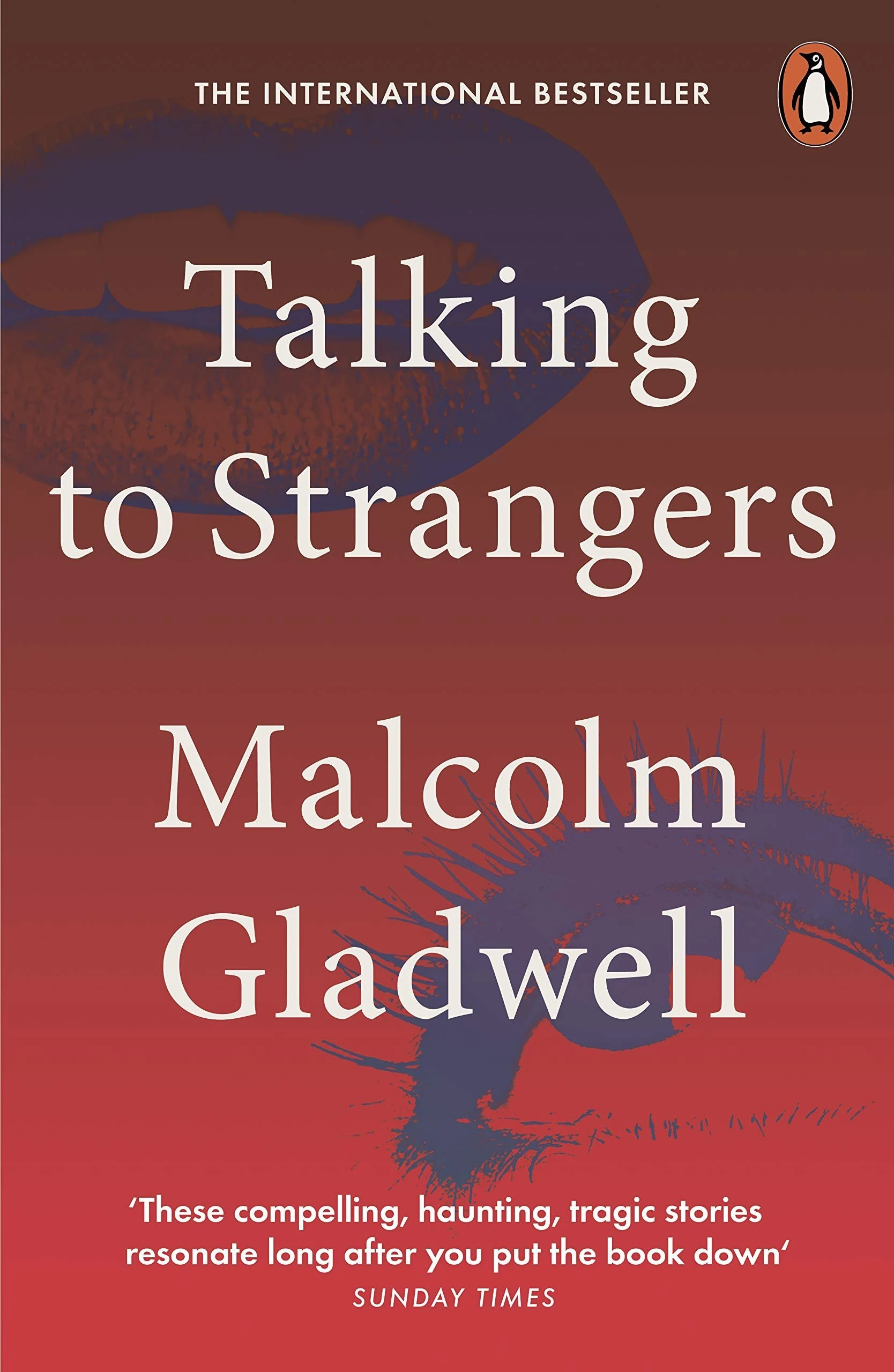
World misread
Apparently, we misread everyone and everything more often than we realise
When I bought Talking to strangers in the airport a few weeks ago, I was fully convinced it was a book about how not to judge people and how everyone is more than the stories we give them in our heads. This book is nothing like that. In fact, my assumptions were a classic example of what this book discusses: that we are more biased one way than another, more convinced of our judgement than unaware of our bias, and we generally place more importance on some things over others to a fault. Above all, it is a book that shows us we are annoyingly human.
Like with his previous book Outliers, Mr Gladwell uses a rhythm in this book that he seems to have mastered: anecdotes setting up the stage to drive home every point he wishes to make. And as in the case of Outliers this method proves to be a double-edged sword again: all through the book one never stops wondering if the anecdotes are biased. Was this story cherrypicked to drive home a point? Do other anecdotes exist that prove otherwise? Greater reliance on scientific studies can make this book a lot more believable than it is right now. Books like ‘Thinking fast and slow’ take this approach; but one can argue they lean far too much the other way. No doubt Mr Gladwell is a capable enough writer to make even boring old academic papers engaging.
The points the book does make, though, are eye-opening. From assumptions on character and intentions (the author discusses CIA moles and Neville Chamberlain’s faith in Adolf Hitler here, making for some of the best stories in this book) to assumptions on guilt and innocence. He starts with the story of Sandra Bland, a black woman arrested by a white police officer on assumptions coloured by his outlook. But this story turns out to be more than an explanation of police racism; it sets the stage for Mr Gladwell’s idea that this sort of bias is everywhere, in all of us, and often we have no idea that it even exists.
The manner in which we look at strangers, interact with them and form an opinion of them is as much (or more) about what ideas already exist within us than what we gather from facts and observations from without. We have a truth-bias, the author argues, where we lean towards the likelihood of something being true despite evidence of the opposite. We continue to believe someone or something is true and it is in our nature to explain away evidence of falsities right until the evidence gets overwhelming and we cannot explain them away even if we bent over backwards.
Another key argument has to do with transparency, or the idea that we are inclined to believe that someone who appears, gestures and acts a certain way is in fact expressing a certain emotion. Mr Gladwell likens this to a sitcom: you can tell clearly when a character is angry, sad, happy, shocked, thrilled etc. Often you can even differentiate bliss from elation, surprise from shock, anger from annoyance and so on. We take this for granted in real life too—as the author goes on to show—often resulting in misinterpretations of events we were sure were simple enough and we had interpreted perfectly.
The book discusses several such ideas, keeping the tone constantly, effortlessly engaging. Despite being backed by flimsy evidence at times, it never feels absurd. It even makes you think all through and close to the end of the book you start to wonder what you can do better. It is one thing to understand all our follies but another entirely to be aware all the time and enough to never trip. ‘There are clues to making sense of the stranger,’ writes Mr Gladwell, ‘but attending to them requires humility and thoughtfulness and a willingness to look beyond the stranger, and take time and place and context into account.’ But he does not sidestep the hardest truth of them all: ‘We should ... accept the limits of our ability to decipher strangers.’
This book may not improve your perception of those you will go on to meet but it will certainly humble you by showing you how wrong you can be.